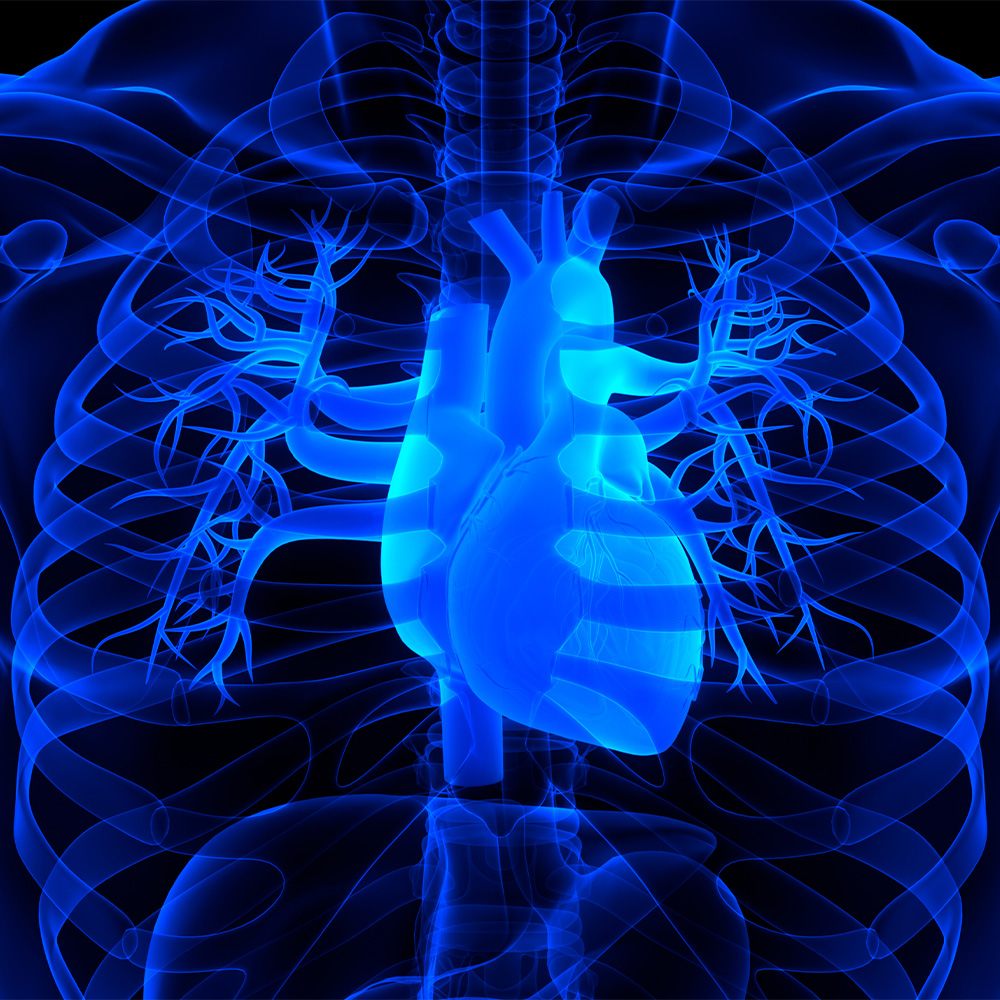Still eating when feeling full?

DALLAS – Dec. 11, 2018 – It’s hard to slow down a motor vehicle when the engine is always revved. Research at UT Southwestern Medical Center suggests that the reward centers of some people’s brains are constantly activated and responding to food cues, even when full after eating.
That presents a conundrum during the holidays. Research has shown that on average Americans gain about a pound annually from November to January, but some can gain much more of this hard-to-lose weight.
“It’s just not a level playing field – it’s harder for some people to maintain a healthy weight than others,” says Dr. Nancy Puzziferri, a specialist in minimally invasive bariatric surgery who was part of a study that compared the brain activity of a group of severely obese women with a corresponding group of lean women. “Our findings may explain why some people report an underlying drive to eat continually despite not feeling hungry.”
The study included 15 overweight women (those with a BMI greater than 35) and 15 thin women (those with a BMI under 25). The severely obese group – all candidates for bariatric surgery to lose weight – weighed between 202 and 316 pounds. Everyone showed significantly increased activity in the neo- and limbic cortices and midbrain when hungry. After eating, however, that neuroactivity dropped among lean participants while continuing in their obese counterparts. In all, functional MRI (fMRI) measuring brain activity showed only a 4 percent decline to the appeal of pictured food among the obese participants after eating, compared with a 15 percent drop for the lean women.

“It seems there’s an instinctive drive to keep eating,” Dr. Puzziferri says. “Before or after the meal, the obese are just as excited about eating.”
About UT Southwestern Medical Center
UT Southwestern, one of the premier academic medical centers in the nation, integrates pioneering biomedical research with exceptional clinical care and education. The institution’s faculty has received six Nobel Prizes, and includes 22 members of the National Academy of Sciences, 17 members of the National Academy of Medicine, and 15 Howard Hughes Medical Institute Investigators. The faculty of more than 2,700 is responsible for groundbreaking medical advances and is committed to translating science-driven research quickly to new clinical treatments. UT Southwestern physicians provide care in about 80 specialties to more than 105,000 hospitalized patients, nearly 370,000 emergency room cases, and oversee approximately 2.4 million outpatient visits a year.




